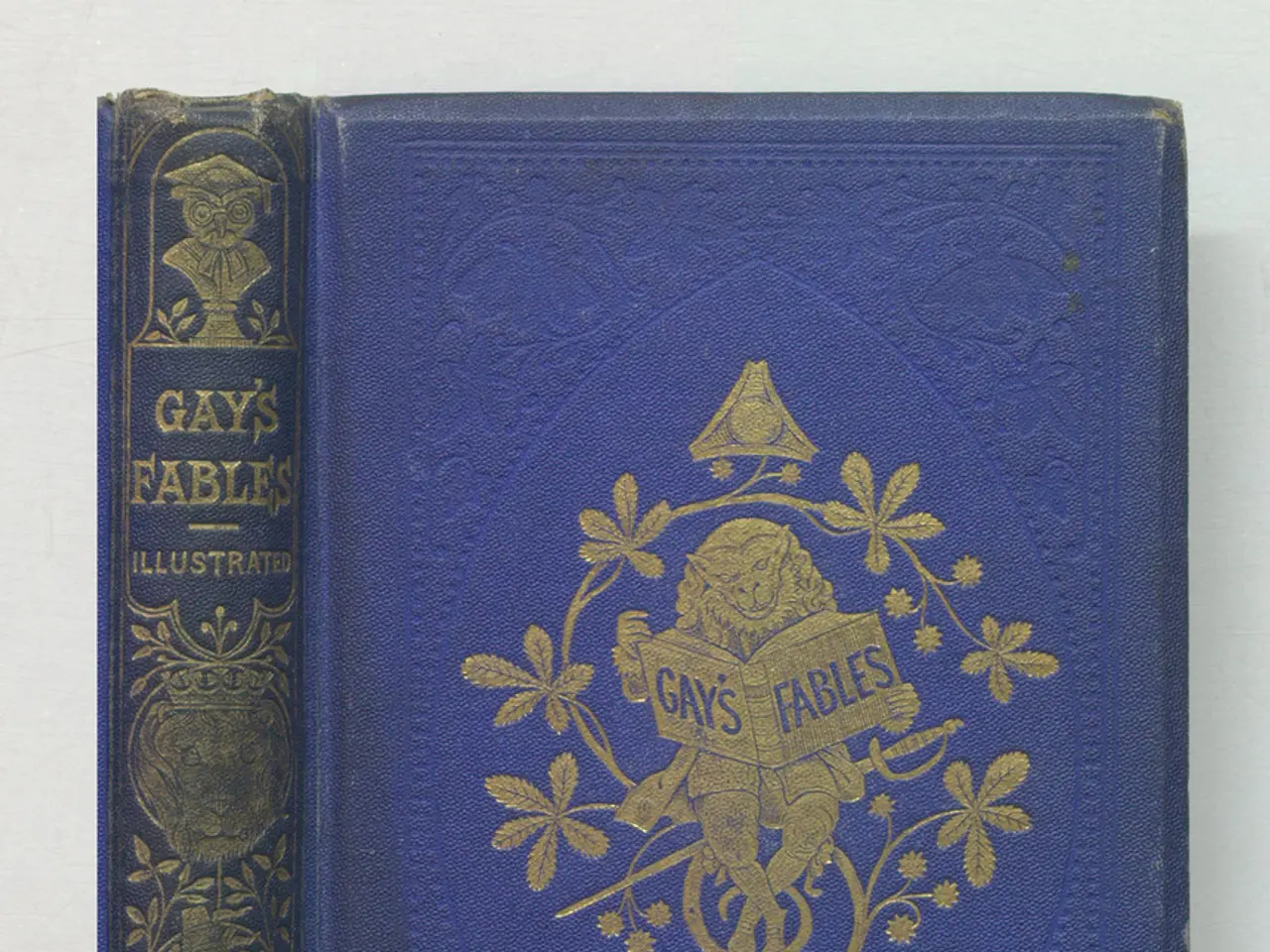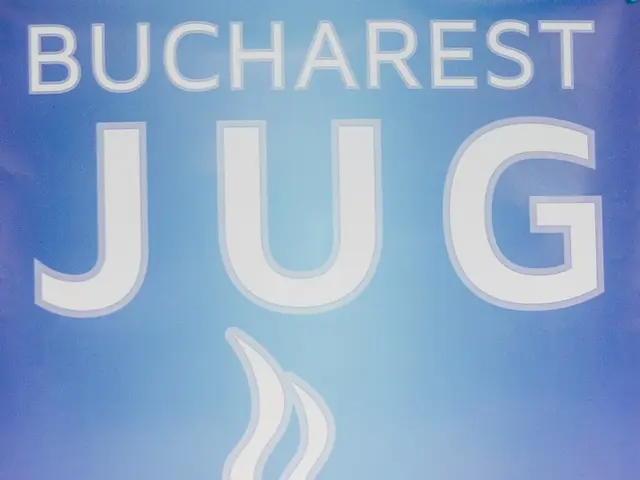Men on dating apps falsify their sexual orientation to receive higher levels of attention
A recent trend has emerged on dating apps, where straight men are pretending to be gay in an attempt to increase their chances of getting more matches. This practice, however, is causing several issues and perpetuating harmful stereotypes.
The Elo Rating System and Dating App Algorithms
Before delving into the problematic aspects of this trend, it's important to understand how dating app algorithms work. Originally, Tinder used the Elo rating system to rank users based on their desirability and engagement. This system assigned a score to each user that changed based on their interactions with others. More right swipes (indicating interest) led to an increase in the Elo score, making the user more visible to others. Conversely, more left swipes (indicating disinterest) led to a decrease in visibility [1][3].
While Tinder has since moved away from the Elo system, using more dynamic and machine learning-based models, the principle of using user interactions to rank attractiveness remains a core component of many dating app algorithms [1][5].
The Problem with Deception
Pretending to be a different sexual orientation on dating apps can lead to several problems:
- Deception and Trust Issues: Straight men pretending to be gay on gay dating apps deceive potential matches, leading to mistrust and potential emotional harm. This behavior wastes the time of individuals genuinely looking for matches and can create a hostile environment for those seeking authentic connections.
- Safety Concerns: Misrepresentation can lead to safety issues, as individuals may feel betrayed or unsafe upon discovering the deception. This can be particularly concerning for LGBTQ+ individuals who may have faced discrimination or harassment based on their sexual orientation.
- Community Respect: Gay dating apps are spaces for gay men to connect with others who share their sexual orientation. Pretending to be gay invades this space, disrespecting the community and the platform's purpose.
- Algorithmic Impact: Such deceptive behavior can negatively affect the algorithm's ability to provide accurate matches. It skews user data, potentially lowering the overall quality of matches and reducing user satisfaction with the app.
Avoiding Manipulative Tactics
Dating coach Genny Diehl advises against using manipulative tactics like changing sexual orientation or flooding one's profile with likes, as they do not increase the chances of matching with someone desirable. Instead, she suggests turning off age or location dealbreakers, but cautions that these should not be used frequently [2].
It's important to remember that dating apps are spaces for finding genuine connections. Engaging in deceptive practices not only hurts individuals but also perpetuates harmful stereotypes. By being honest and respectful, we can create a more inclusive and positive dating app environment for everyone.
[1] https://www.pewresearch.org/fact-tank/2019/07/17/online-dating-and-the-gender-gap [2] https://www.pewresearch.org/fact-tank/2019/07/17/online-dating-and-the-gender-gap/ [3] https://www.theverge.com/2019/1/15/18185662/tinder-elo-rating-system-history-explained [4] https://www.grindr.com/about/ [5] https://www.theverge.com/2019/1/15/18185662/tinder-elo-rating-system-history-explained
Read also:
- FetishFinder Profit: Madison's Side Hustle Increases Earnings to $10K Monthly
- Electric vehicle (EV) manufacturer BYD is set to unveil a high-performance hypercar boasting close to 3,000 horsepower, marking it as the world's most potent EV.
- Uncertainty Surrounds the Transition to Clean Energy: Public Ponders Implications and their Role in the Change
- Montana's Aluminum Vehicle Repairs: OHS Body Shop - The Reliable Authority in Auto Restoration








